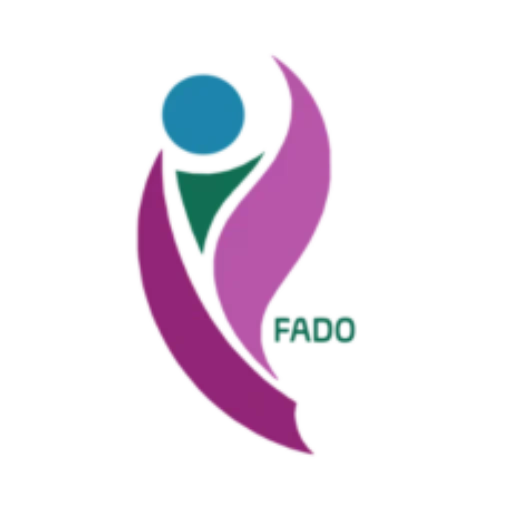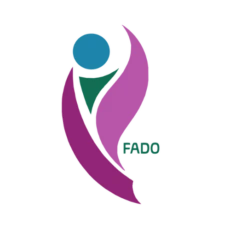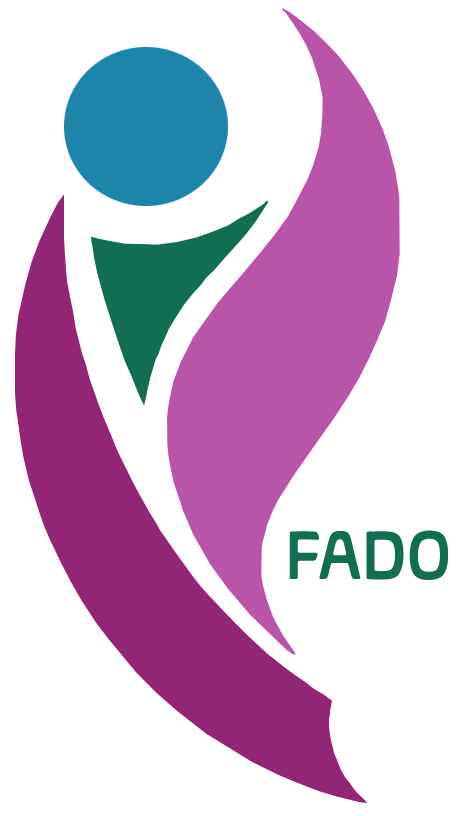Introduction
PADOVA, ITALY – March 2025 – In a quiet room in Padova, Italy, a group of people gathered around a table. Some had spent years in the theatre, using performance to make sense of the world. Others had built their lives around advocacy, standing shoulder to shoulder with survivors of gender-based violence (GBV), pushing against the silence that too often surrounds their stories. They came from different places—Spain, Serbia, France, Cyprus, Italy—but for two days, in this room, they spoke the same language: change.
Hey there—That’s us in the picture!
Curious about the project partners? Click here to learn more!
This was the second transnational meeting of the FADO project, an ambitious effort to turn theatre into a tool for healing. Led by MDE40 WIPSEE and hosted by N.E.T, the meeting wasn’t just a status update. It was a moment of decision—a crossroads where planning met reality, where ideas had to become action.

The FADO Project, an ambitious Erasmus+ initiative spanning five countries, is tackling a crisis that affects millions. But instead of traditional interventions, the project is betting on performance and storytelling to empower survivors, break the cycle of violence, and train facilitators to lead the charge.
United for Action!
Bringing Europe together to fight gender-based violence—one step at a time.
Engaged in Dialogue
Sharing ideas, shaping solutions—collaboration in action at the FADO Project meeting.
A New Kind of Stage for Survivors
The five-module training program includes courses on understanding the roots of gender-based violence, legal rights, social theatre techniques, and performance skills—all aimed at helping survivors transform their experiences into advocacy. The content will be available on a newly developed digital platform, making the methodology accessible to organizations across Europe.
The training materials will soon be available on a digital platform, making it easier for organizations across Europe to replicate the methodology. But not every idea made the final cut. A proposed interactive discussion space—a virtual forum where survivors could share their stories—was ultimately scrapped due to concerns over privacy and safety.
“We had to make a tough call,” explains Yiannos Gregoriou from FAROS (Cyprus), the team responsible for the project’s digital infrastructure. “Our priority is to create something sustainable, something that truly protects the people we’re trying to help. Empowerment should never come at the cost of security. ”
Building a Safe Digital Space
FAROS shares how FADO’s digital platform is designed to empower—while keeping safety first
Stronger Together: The Power of Collaboration
Meaningful exchanges drive the FADO Project forward—because real change happens when we listen, share, and build solutions together.
More Than a Project—A Movement
Still, the FADO team knows that this work must extend beyond a training program. Real change isn’t measured by grant cycles—it’s measured by shifts in culture, in conversations, in the way survivors see themselves and their futures. To make that happen, they are rolling out a comprehensive outreach strategy, including a YouTube channel, a social media presence, and partnerships with community leaders to ensure that FADO’s impact lasts long after the funding runs out.
And they’re not slowing down. The next transnational meeting will take place in Barcelona this October, where facilitators will put the finishing touches on the first round of training materials. By the end of 2025, the project’s pilot phase will begin, with facilitators testing the program in real communities. By 2026, FADO-trained mentors will be leading theatre-based empowerment sessions across Europe.
Conclusion
It’s an unconventional approach, but that’s exactly the point. Change rarely happens by playing it safe. And as the FADO team packs up in Padova, heading home to their respective countries, they aren’t just hopeful—they are determined.
Together for a Brighter Future
Collaboration, connection, and commitment—this is how change takes root and grows.

